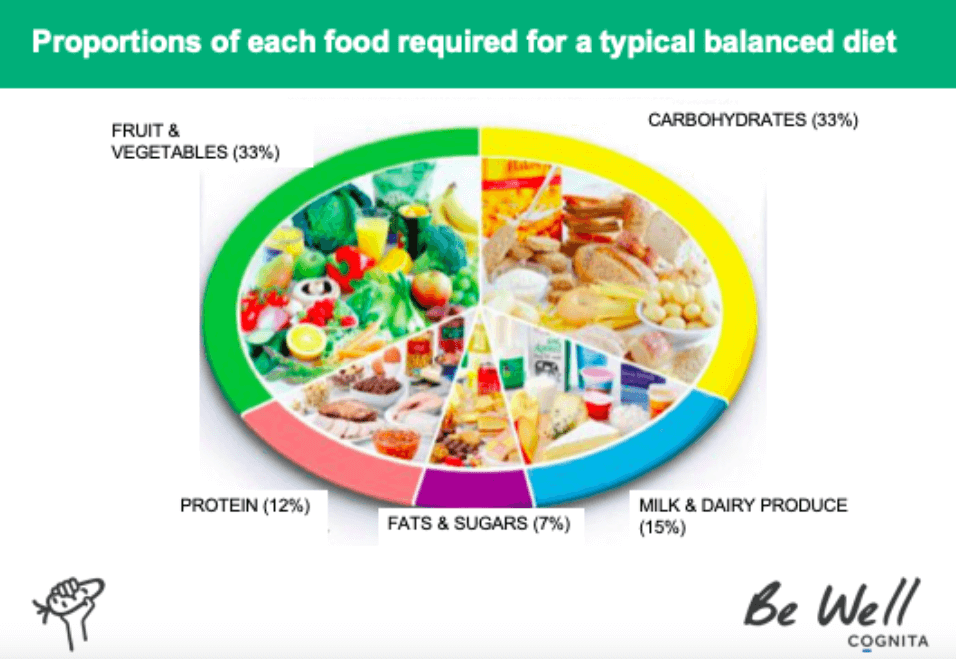On September 27th, Stamford Hong Kong joined all Cognita schools to celebrate our first-ever Global Be Well Day. Students participated in many activities from dancing, drumming, mindful coloring, fitness classes, tai chi, and healthy eating. After a wonderful day of wellness, we asked ourselves- “now what?” Since wellness is not something that can be mastered in one day, here are some ways that you can promote emotional, physical, and mental wellbeing in your family throughout the year.
Healthy Lifestyle
“To keep the body in good health is a duty, otherwise we shall not be able to keep our mind strong and clear.” – Buddha.
Developing children and young people require adequate nutrition to fuel crucial brain development alongside their daily energy needs.
In addition to eating healthy balanced meals, children need to be physically active promoting physical, mental health and wellbeing and preventing childhood obesity and associated diseases later in life.
The World Health Organisation recommends the following guidelines to maintain basic levels of general health, stronger bones and muscles and higher levels of self-esteem:
Age 2-5
Be physically active every day for at least 3 hours spread throughout the day, in and outdoors.
The 180 minutes can include light activity such as standing up, moving around, rolling and playing, as well as more energetic activities like skipping, hopping, running and jumping.
Age 5-18
At least 60 minutes of physical activity every day
Include moderate and vigorous activity
Reduce the time spent being sedentary
Walk or cycle whenever possible
Brain and Your Wellbeing
Cognitive Neuroscience is the study of how our brains are involved in cognition – the mental processes that underlie behavior, thought and experience. The human brain develops and changes rapidly from fetus through childhood, adolescence and even into early adulthood. During this time the brain is malleable and able to learn and develop as white matter increases in volume and connections between neurons expand and strengthen. Children are like sponges, soaking up information. The more we expose young people to different experiences the more they can learn and grow.
Some fun activities to keep the brain working:
Neuroscience for children
Lessons from a brain surgeon
Instant gratification (the marshmallow experiment)
Sleep
Sleep is the foundation for health. It helps us to maintain good physical health, regulate emotions and hormones, and help cellular functioning. Academically, sleep helps the brain prepare for learning, retain information, and connect new learning to past learning.
Recommended Hours of Sleep per Night:
Age 5-10 yrs: 9- 9 ½ hours per night
Age 10-15 yrs: 8- 8 ½ hours per night
Age 16+ yrs: 7 hours per night
Tips for a Good Night’s Sleep:
Stick to a regular bedtime and wake time
Sleep in a dark, cool room at night with plenty of sunlight during the day
Keep the area around your bed clear of toys
Do not have screens in the bedroom- phone, computer, iPads
Avoid caffeine and sugary drinks, food, and some teas at least 12 hours before bed






